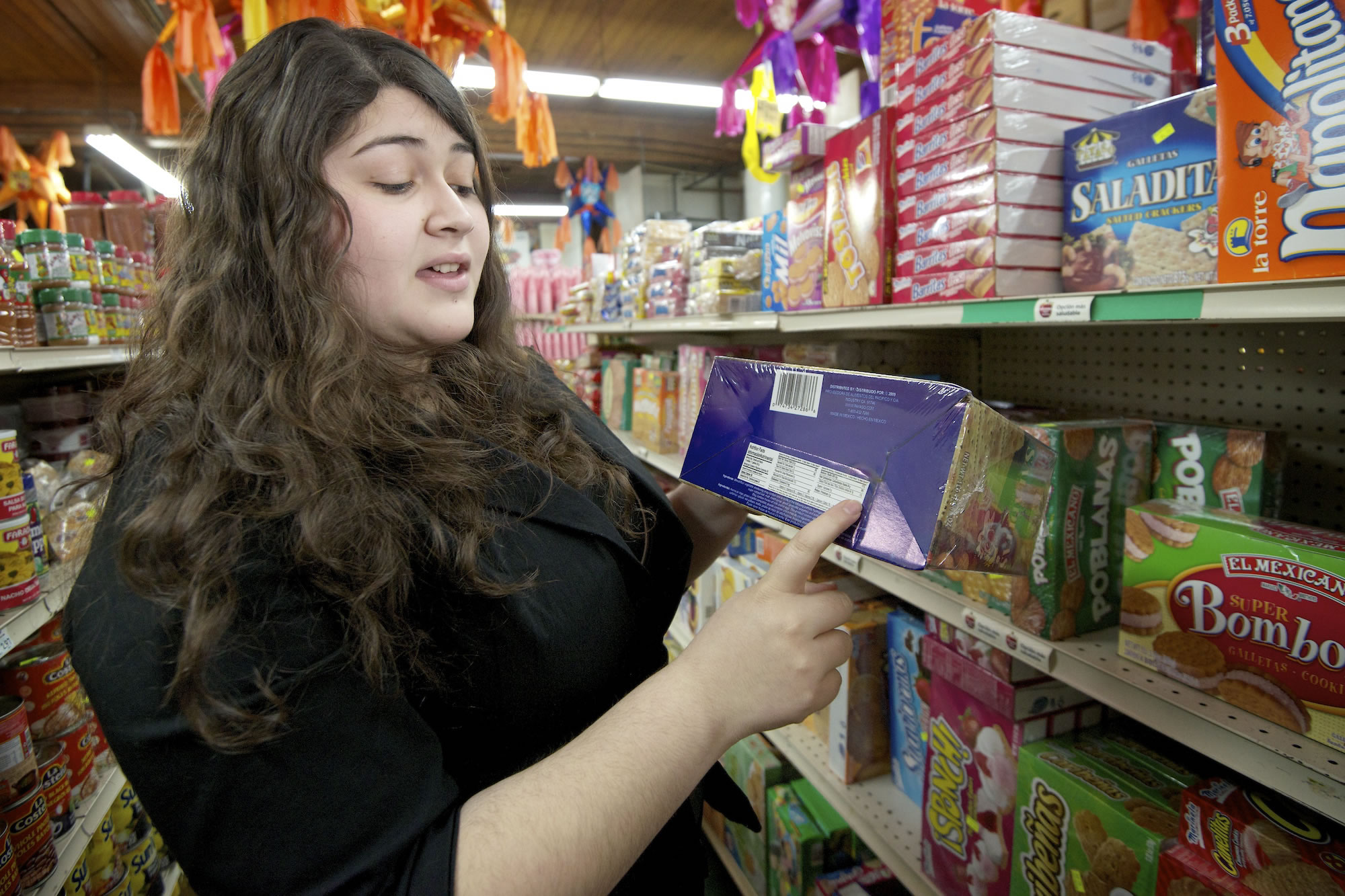Eight Vancouver markets are participating in Clark County Public Health’s “Healthy Neighborhood Stores” program:
• ARCO Quick Stop, 2829 E. Mill Plain Blvd.
• A-Dong Market, 3220 E. Fourth Plain Blvd.
• A-Z Liquidators, 3308 N.E. 52nd St.
• Europa Food Market, 5910 N.E. Fourth Plain Blvd., Suite C
• Handy Andy, 3314 N.E. 44th St.
• Mercado Latino, 5910 N.E. Fourth Plain Blvd., Suite A
• Oscar’s Market, 4901 N.E. St. Johns Road
• 24 Hour Food Mart, 2721 E. Fourth Plain Blvd.
Members of the Hudson’s Bay High School DECA business club hope that a simple concept — steering shoppers toward nutritious foods at a neighborhood market — will have a healthy impact on their community’s well-being.
DECA students have been working since January to develop that marketing strategy for Mercado Latino, 5910 N.E. Fourth Plain Blvd. With guidance from Clark County Public Health, the teens created a “healthy remodel” to improve the store’s displays and signs, as well as its produce selection, in order to entice customers away from fatty meats and high-sugar snacks in favor of healthier choices. They unveiled their makeover Wednesday.
With the blessing of store owner Teresa Rodriguez, the high-schoolers tagged some products as healthy, spruced up the modest produce section and added healthier items to the “impulse racks” by the cash registers. They even covered a large beer advertisement with a poster championing fruits and vegetables.



